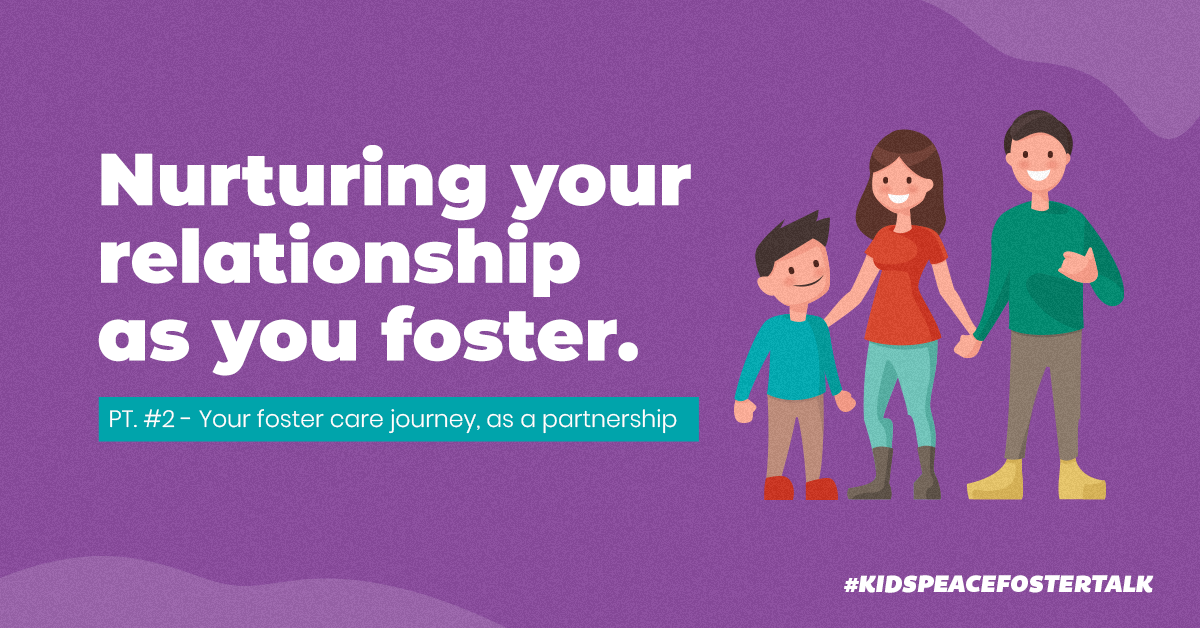
Part 2 – Your foster care journey, as a partnership …
Once a couple is approved as foster parents and has a placement in the home, the focus may shift to the needs of caring for children. That is quite necessary and essential. While we willingly sacrifice our time for the children, we must not neglect the marriage/relationship.
- Keep lines of communication open. Look to schedule some time to talk each day. It may be after dinner when kids are engaged in other activities or when the kids have gone to bed. You need time to talk about challenges, schedules, appointments, future plans and struggles you may be having. Create a family calendar/daily journal for each of you to record notes that do not require much discussion.
- Make decisions as a team. Foster parenting requires a lot of decisions – everything from accepting a placement, to setting up household rules, even to deciding who will pick up a child from a visit. You and your partner may not arrive at the same conclusion at the same time. However, you want to be moving together in the same direction.
- Be open and honest in your communication. Share with your partner what is on your mind and in your heart. Tell him or her what is bothering you and bringing you stress. Don’t forget to praise and thank your partner.
- Listen to your spouse. When they have a question or want to talk, turn off the TV, silence the phone, and look at them. Give them your attention or agree to a time that is more conducive for longer talks.
- Be consistent in your parenting as much as possible. Children will test you and your spouse. They want to see if you are in agreement on things like household rules, bedtime, homework, socializing with friends, and issues of discipline. Many times, foster children have not had effective parenting and will look to test each foster parent. It will likely take some time and effort to change negative behaviors and poor habits. Work to remain a united front.
- Don’t take behaviors personally. When a child doesn’t complete a chore, we can’t assume that it was a deliberate act. They may have truly forgotten or were struggling with other problems. The same is true in your relationship with your partner; remember to communicate before assuming the reason behind their actions.
At KidsPeace, we will provide you with regular casework support and training to help you become a better foster parent. Even though each day may be filled with successes and challenges, remember to appreciate your partner.
Next: Facing and winning the challenging times – together …


